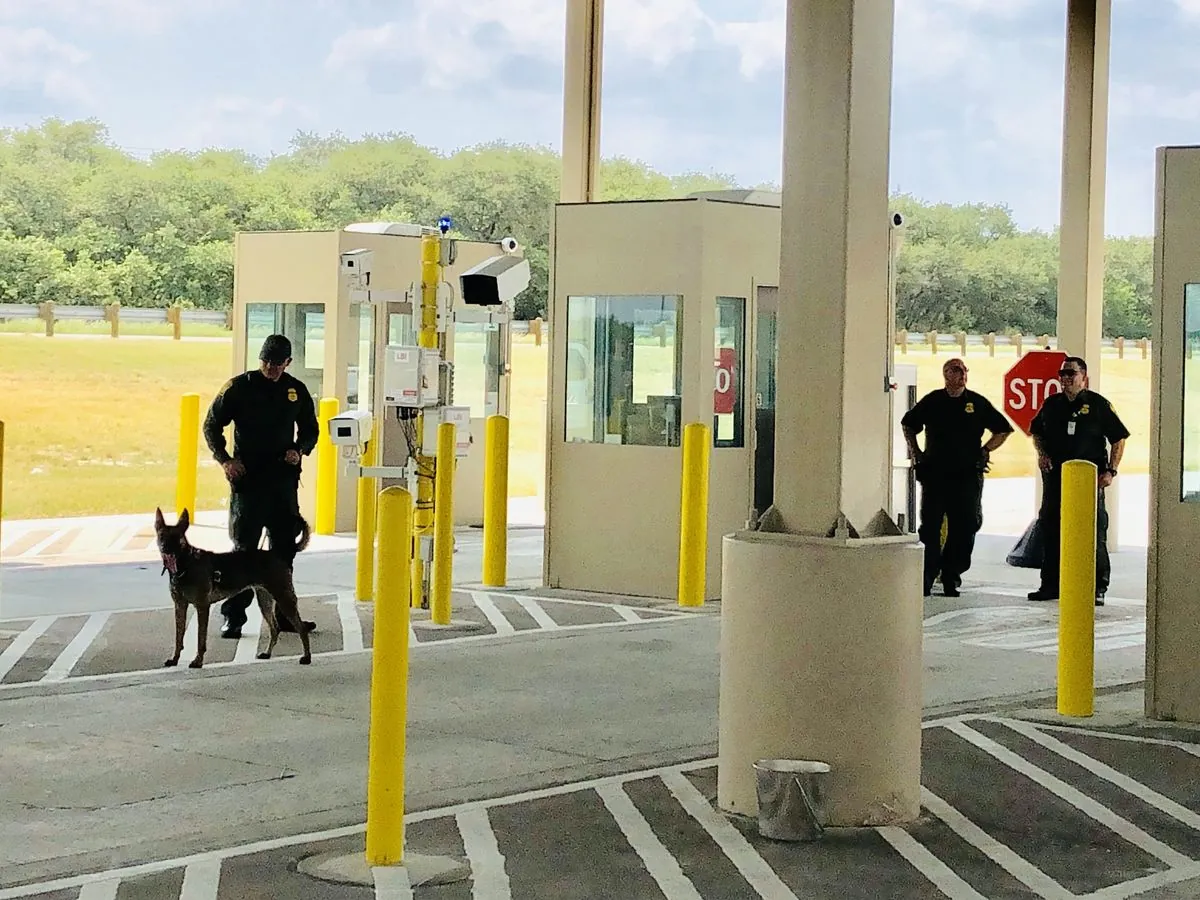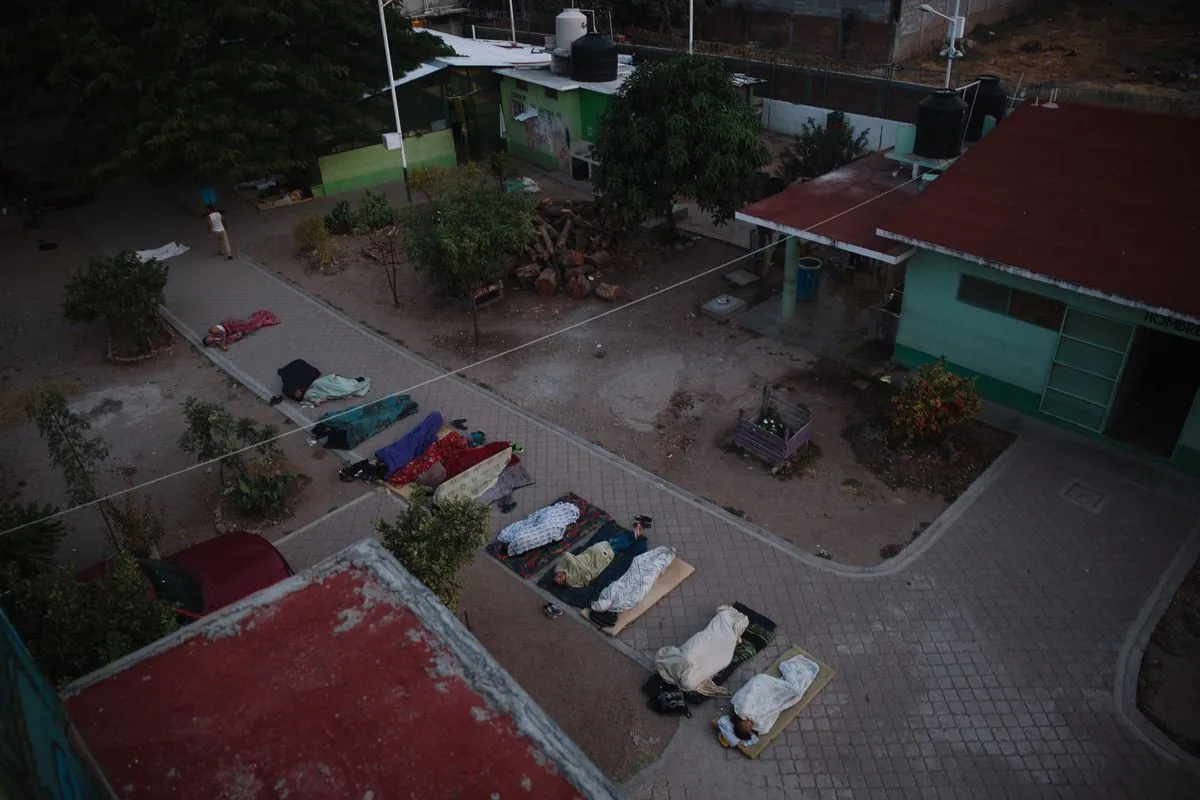Mexico's "El Carrusel" Policy: A Key Factor in U.S. Border Detention Decline
Mexico's intensified migrant relocation program, dubbed "El Carrusel," has significantly contributed to a 77% drop in U.S. border apprehensions since December. The policy's sustainability and humanitarian impact remain uncertain.

In recent months, detentions at the U.S.-Mexico border have plummeted to a four-year low, sparking debate about the causes. While various factors contribute to this decline, Mexico's intensified migrant relocation program, known as "El Carrusel" (The Carousel), has emerged as a significant element.
Under increased pressure from the United States, Mexico has substantially ramped up its migrant detention efforts. In the first half of 2024, Mexican authorities reported 712,226 apprehensions, nearly tripling the number from the same period in 2023. Unable to deport such a large number of individuals, Mexico has instead opted to transport them to cities near its southern border with Guatemala.
This tactic, while not entirely new, has been employed more aggressively than ever before. Since the beginning of 2024, the Mexican government has been relocating approximately 10,000 migrants monthly to southern states, doubling the figures from the previous year. Thousands more are transported by plane or smaller vehicles.
Andrés Manuel López Obrador's administration launched this crackdown following a high-level meeting with U.S. officials in December 2023. The Mexican migration agency, supported by the military, has intensified highway checkpoints and searches of trains and buses.
"Sometimes I say, why did I make this decision? But I have to continue, to help my parents, to help my children."
The human toll of this policy is evident in the experiences of migrants like María Rosa Barrios, a 33-year-old Venezuelan X-ray technician. Barrios and her family have been caught in the "carousel" four times since entering Mexico in February 2024. Their journey, which began with crossing the treacherous 60-mile Darién Gap between Colombia and Panama, has been repeatedly interrupted by Mexican authorities.

The influx of relocated migrants has strained resources in southern Mexican cities. Villahermosa's only migrant shelter, Amparito, is now hosting twice as many people as it did a year ago, often exceeding its 60-bed capacity.
While "El Carrusel" has contributed significantly to the decrease in U.S. border apprehensions, other factors are also at play. The Biden administration has increased penalties for asylum seekers arriving illegally, and Texas has implemented Operation Lone Star, fortifying its border with razor wire and increased personnel.
Additionally, the U.S. has introduced the CBP One app, allowing migrants to schedule asylum interviews legally. Approximately 75,000 migrants per month are now entering the United States through legal channels.
However, the sustainability of these measures remains uncertain. Smugglers often adapt to new enforcement tactics, and political events, such as Venezuela's controversial July 2024 election, could trigger new waves of migration.
As the debate over migration policies continues, the human cost of these measures remains a pressing concern. The "carousel" policy, while effective in reducing border crossings, has left many migrants in a state of limbo, facing repeated setbacks and challenging conditions as they pursue their dreams of a better life.


































